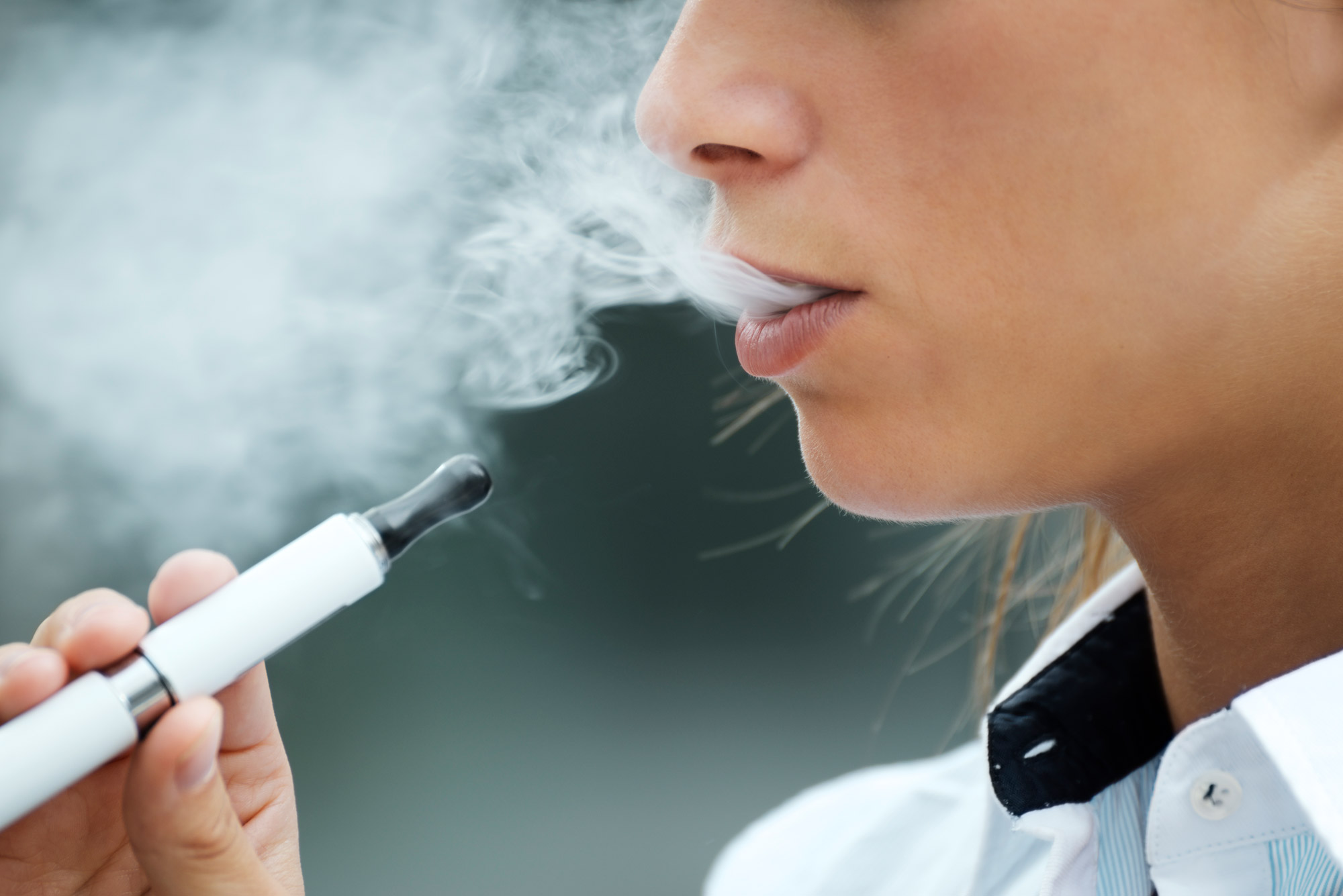 Vaping and its potential harm to children have become a growing concern in Thailand. Anti-vapers in the country are now urging the government to take stronger action against parents who vape within their homes, arguing that this practice infringes upon their children’s right to breathe clean air. Child health and child rights specialists claim that allowing a child to vape or be exposed to the harmful vapor of an e-cigarette at home may constitute a violation of child protection regulations.
Vaping and its potential harm to children have become a growing concern in Thailand. Anti-vapers in the country are now urging the government to take stronger action against parents who vape within their homes, arguing that this practice infringes upon their children’s right to breathe clean air. Child health and child rights specialists claim that allowing a child to vape or be exposed to the harmful vapor of an e-cigarette at home may constitute a violation of child protection regulations.
To address this issue, experts emphasize the need for public efforts to increase awareness of the dangers of vaping and second-hand vapor to the health of both children and adults. By educating the public about these risks, they hope to prevent parents from exposing their children to the harmful effects of vaping. Sapphasit Khumpraphan, a member of the National Child Protection Committee, even goes as far as to suggest that vaping or smoking cigarettes at home could be considered domestic violence.
According to Waraphon Phongphanitanon, an expert with the Department of Women’s Affairs and Family Development, vaping at home not only breaches the Child Protection Act of 2003 but may also be considered domestic abuse under the Domestic Abuse Victims Protection Act of 2007. These legal perspectives highlight the seriousness of the issue and the need for stricter enforcement of regulations.
Prof Dr Suwanna Ruangkanchanasetr, deputy director of the Tobacco Control Research and Knowledge Management Centre (TRC), stresses the importance of families understanding the child protection law and taking steps to protect their children from the dangers of vaping. She also calls on the government to play a more active role in safeguarding the health of Thailand’s youngsters by enforcing the law against the import and sale of e-cigarettes.
In response to social media videos showing parents allowing their children to vape under the assumption that it is safe, Assoc Prof Adisak Pliponkarnpim warns that this is a serious mistake. Vape juice contains nicotine, which is highly addictive, and vaping can lead to a serious medical condition known as e-cigarette or vaping use-associated lung damage (EVALI) in both adults and children. Additionally, vaping in children can have long-term effects on their development until the age of 25. Disturbingly, new research suggests that youth vaping may even lead to cigarette smoking and drug addiction later in life.
Assoc Prof Adisak Pliponkarnpim also highlights a recent finding by the American Heart Association, which states that second-hand vapor is responsible for an increased frequency of respiratory inflammation in individuals exposed to the vapor produced by vapers in the same family. This further emphasizes the need to protect children from the harmful effects of second-hand vapor.
In a separate development, teachers in Thailand have been given legal authority to confiscate e-cigarettes from students. This move aims to prevent students from vaping and protect their health. By taking such measures, schools can play an active role in discouraging vaping among young people.
In conclusion, the issue of vaping and its impact on children’s health is gaining attention in Thailand. Calls for stricter regulations and public awareness campaigns highlight the urgency of addressing this matter. Parents must understand the risks associated with vaping and take steps to protect their children. Additionally, schools have been given the authority to confiscate e-cigarettes to prevent vaping among students. By working together, the government, parents, and educators can create a safer environment for children and reduce the harms caused by vaping.

